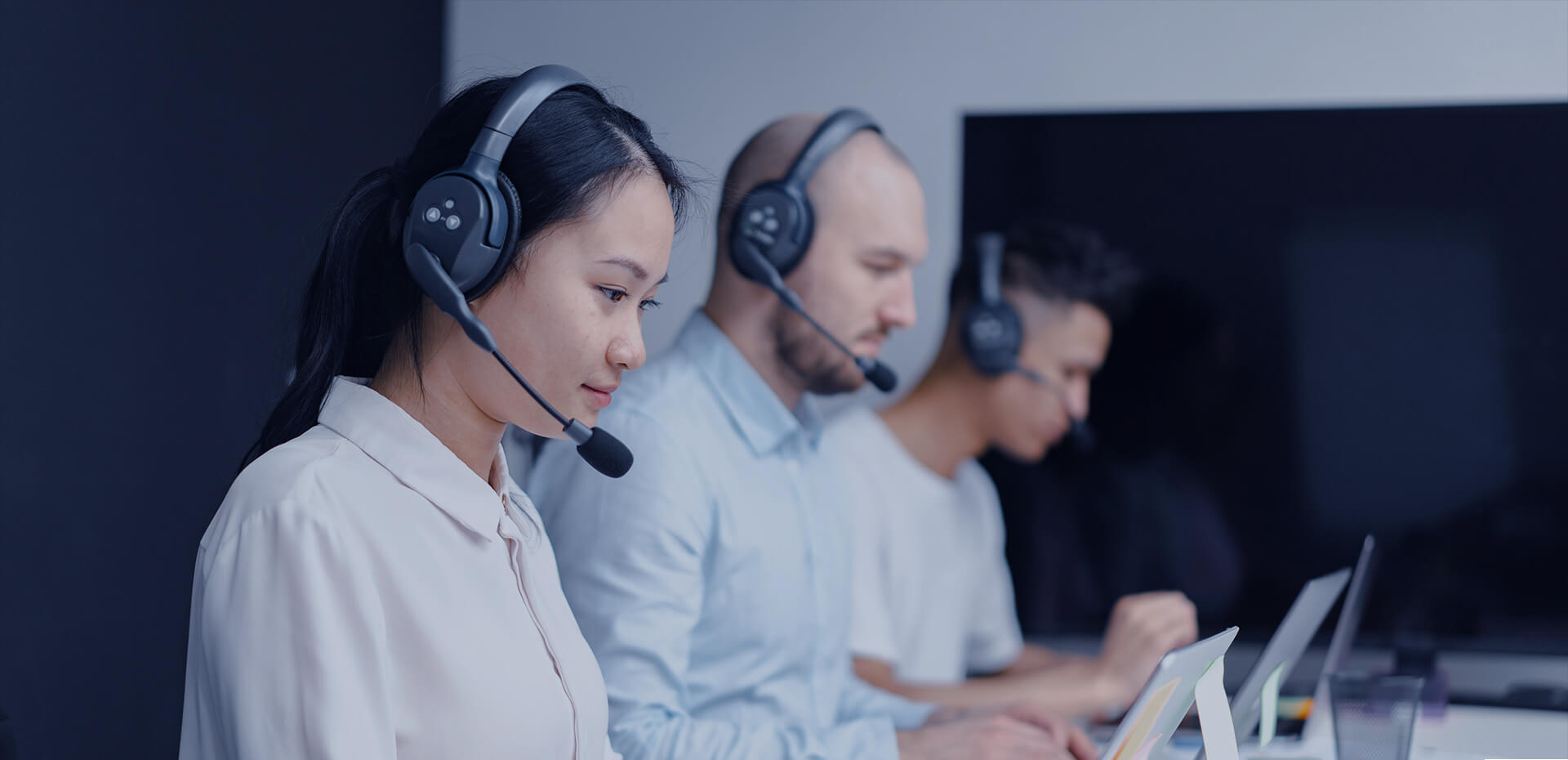Improving Clean Energy Marine Fuel Tank Products
Contributing to global shipping's green upgrade
(XX Nov 2023, Hong Kong) — CIMC Enric Holdings Limited and its subsidiaries (collectively, “CIMC Enric” or “Company”) (Hong Kong stock code: 3899.HK) are pleased to announce that Nantong CIMC SinoPacific Offshore & Engineering Co., Ltd. (“SOE”), a subsidiary of the Company, will build eight sets of 3,400 m3 stainless steel LNG (ammonia-methanol reserved) marine fuel tanks for the world's first eight carbon-neutral clean fuel (LNG/ammonia/methanol) pure car/ truck carriers (PCTCs). The first marine fuel tank has been successfully shipped at SOE East Terminal, which marks a significant breakthrough in the field of medium and large stainless-steel C-type tanks, opening up the market of stainless-steel fuel tanks and further enhancing the diversification of SOE's products and market competitiveness.

First set of 3,400 m3 stainless steel LNG (ammonia-methanol reserved) marine fuel tank.
Upon delivery, this batch of marine fuel tanks will be installed on eight 9,100-vehicle capacity dual-fuel PCTCs for European shipowners. As the vessel is classed by Det Norske Veritas (DNV) and is prepared for ammonia and methanol fueling while being fueled by LNG, the vessel's multi-fuel engines can be modified to flexibly use cleaner fuels such as LNG, ammonia or methanol in the future. These are the first carbon-neutral, clean-fuel (LNG/ammonia/methanol) PCTCs and will be the world's largest and most environmentally friendly car carriers.
Traditionally, LNG marine fuel tanks are made of 9-nickel steel. To meet the demand of this batch of PCTC fuel tanks to switch from LNG to ammonia, methanol and other clean fuels, SOE overcame the design hurdles and inaugurally adopted the reinforced 304L stainless steel for LNG marine fuel tanks to meet the performance of the tanks, and also strengthened the ring area with extra structural design to meet the special form of the saddle. The vessel successfully passed the audit of DNV classification society, and SOE's construction technique and product quality have been highly recognized by the customers, shipyards and shipowners.

Schematic diagram of a 9,100-car PCTC
According to Clarkson data, global new-build vessel market activity has remained robust since 2023, with a clear trend towards fuel switching in orders. In September this year, new orders for clean energy alternative fuel vessels such as LNG and methanol accounted for as much as 65% of overall newbuilding orders. In terms of ship types, container ships, PCTC and others have been the main types of low-carbon fuel orders so far this year, accounting for more than 50%.
While it is reported that the marine fuel tank structures of the second and third vessel sets of this series of projects have been completed, and will be delivered by the end of 2023. The subsequent orders are also under close negotiation.
Mr. Gao Wenbao, Vice President of CIMC Enric and General Manager of SOE, commented, “Low carbon emission has become the trend of the shipping industry, and the rapid growth of global orders for green power vessels will continue to drive the demand for marine fuel tanks with clean energy alternative fuels such as LNG, methanol and ammonia. In the future, SOE will continue to undertake orders for a full range of marine fuel tanks with advanced design technology, professional construction and project management capability, and reliable delivery quality, further enhancing the competitiveness of the products in both international and domestic markets, consolidating the leading position in this market segment, and contributing to the development of global green shipping.”















